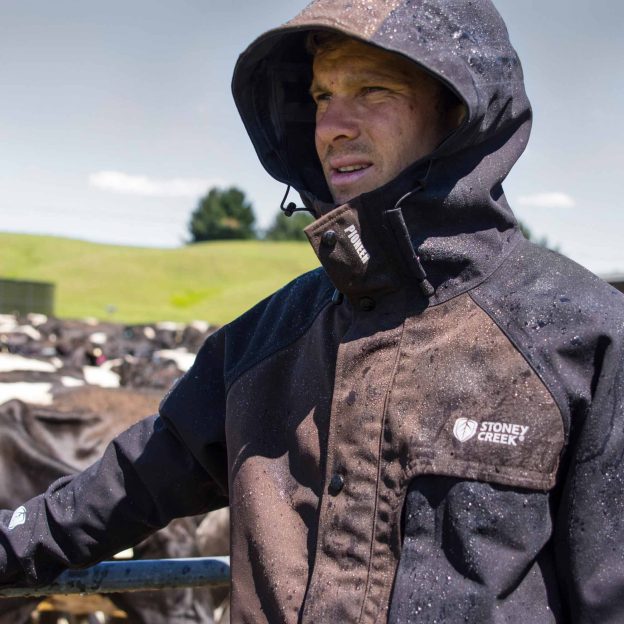Washing a waterproof jacket might seem like a difficult task. However, it is actually usually simple, easy, and safe to do. There are some guidelines you will have to follow though. Fortunately, we are here to ensure you stay on the right path. Read on to find out more about washing these particular garments and other types of waterproofs.
You could own a winter jacket that is beginning to smell or a summer one covered in dirt. Whatever the case, putting it into the washing machine can be a good way to give it new life. Right now, you may be asking whether washing a waterproof jacket damages it in some way. The truth is that it won’t in many cases. There is a method to wash the garments safely without harm.
Know what you are dealing with
People say that washing waterproof jackets hurts the waterproofing. The fabrics here are comprised of bonded or laminated layers. Also, they typically have a water-repellent treatment. The outside layer tends to be nylon or polyester. As for the under-layer, it is often a polymer waterproof membrane.
Washing using a warm wash or intense cycle, as well as employing certain detergents, will harm the membranes here. It might remove or deteriorate the water repellent finish on the fabric’s outside too. In short, if done improperly, washing the waterproofs can hurt the waterproofing.
Membranes
The majority of waterproof membranes are PTFE (polytetrafluoroethylene). Or, they will be TPU (Tetra Polyurethane). With PTFE, you heat it and then rapidly stretch it to produce a microporous film. Here, the pores are fifty times smaller than the smallest water droplets. Water can’t pass through, unless it is vapour. This means sweat from our skin is able to get out.
With TPU membranes, there is a solid barrier. It stops water passing through. However, the material can absorb water molecules too, and let them out through diffusion. This is what we call breathability and waterproofing.
Water repellent coating
A Durable Water Repellent (DWR) coating can be found on many waterproofs as well as some types of footwear too. They can be PFC compounds like PTFE or something more eco-friendly. An example would be fluorocarbon-free materials originating from bio-based procedures.
The coating functions as it has a low friction coefficient. To put it simply, it is super smooth. There isn’t anything for water to hold onto. The coating stops water gripping the fabric and having time to soak in. Instead, it runs off and means you are drier for longer.
It is safe to wash
After having said all this, is washing waterproof jackets safe? In many cases it is. Contemporary clothes are often made to go in a washing machine. Many machines also come with options suitable for waterproof garments. Use the right settings on your machine and stick to the label’s instructions. By doing this, you can keep your clothes safe from harm.
If you’re wondering whether you need a special detergent, it is recommended. For the safest and best results, use something for waterproof goods. Most standard detergents will break the DWR coating down and harm the membrane. Avoid them at all costs. Similarly, bleaches, fabric softeners, and other products will do harm too. If you want to keep your garments in good condition, go for a detergent specifically for them.
Shop with us for great waterproofs
At JS Hubbuck Ltd, we have several fantastic products available for purchase. They include the Tempest jacket and Ridgeline Evolution Smock. Garments like these will keep you dry when you’re working while it’s wet.
So, if you need waterproofs and want to see our selection, feel free to get in touch. We can provide suggestions too, especially if you want the right products for farming or shooting.

